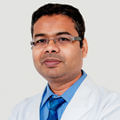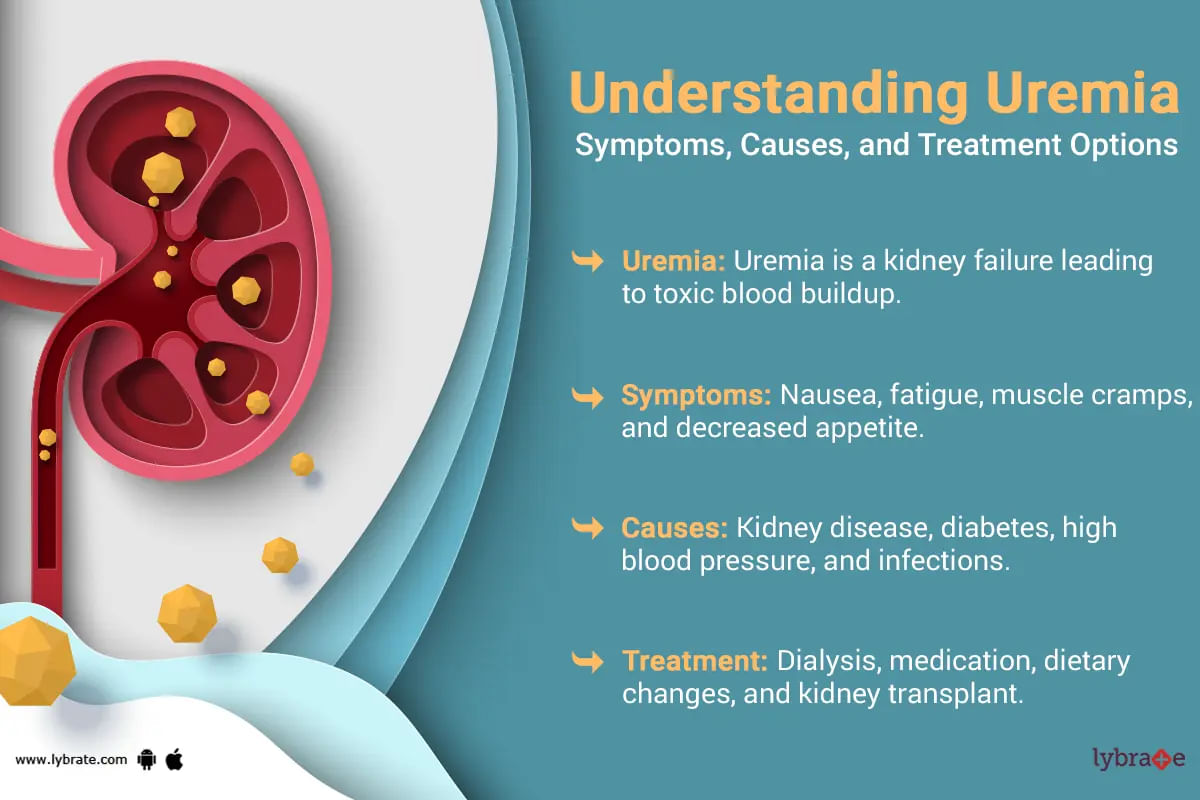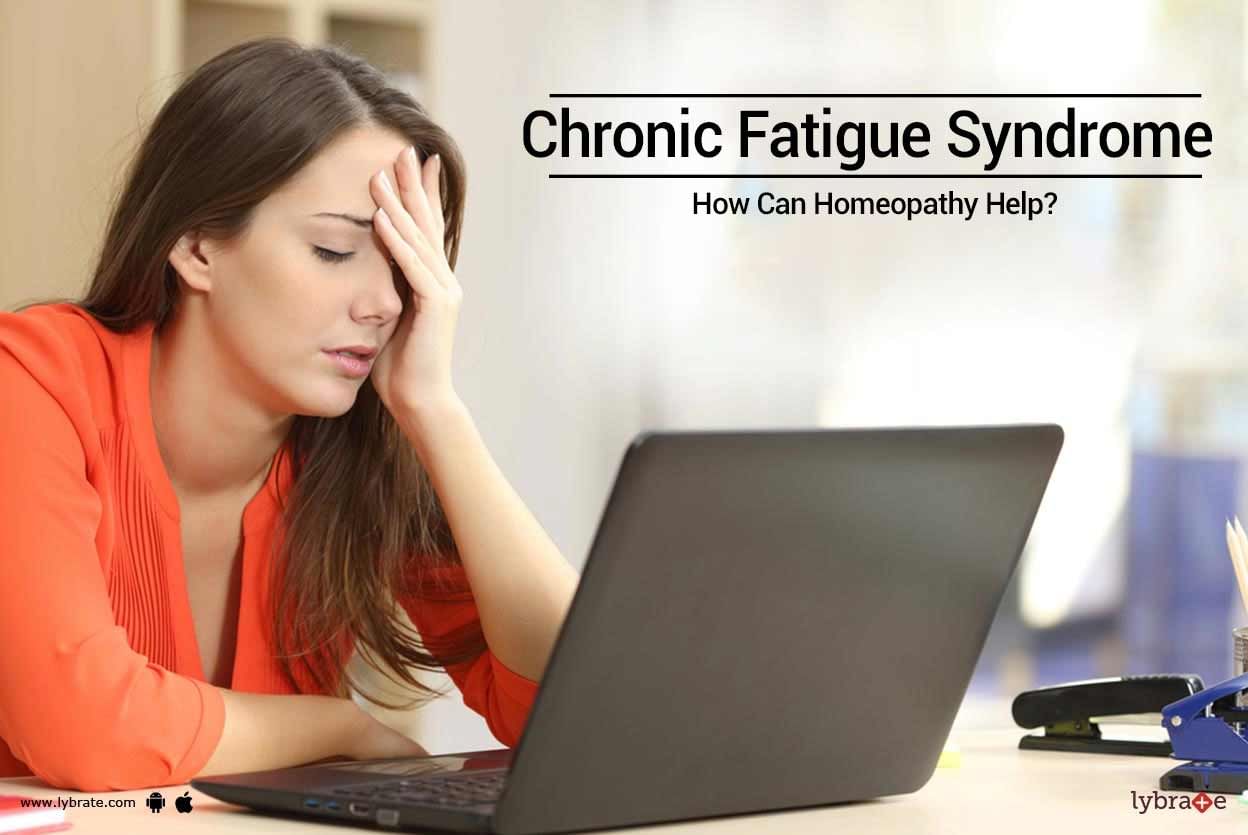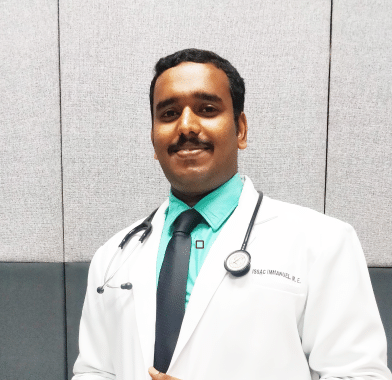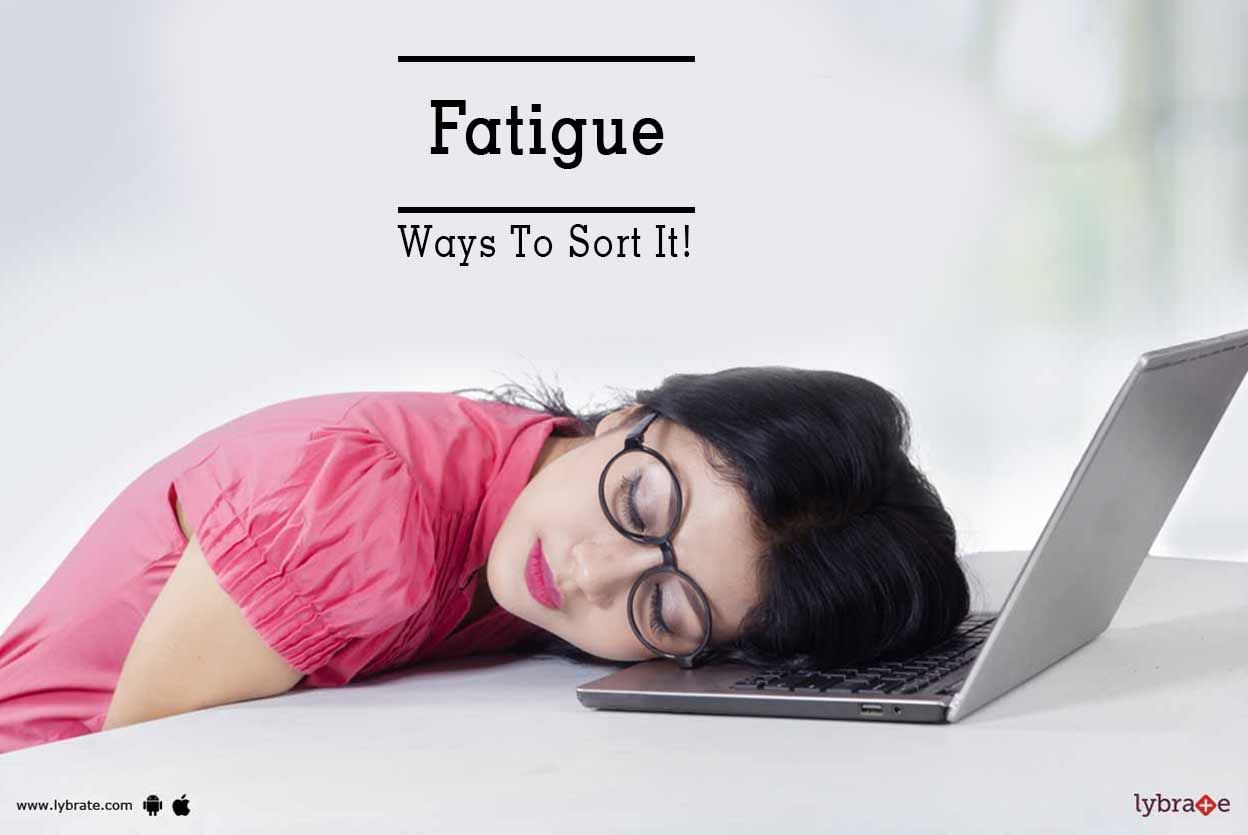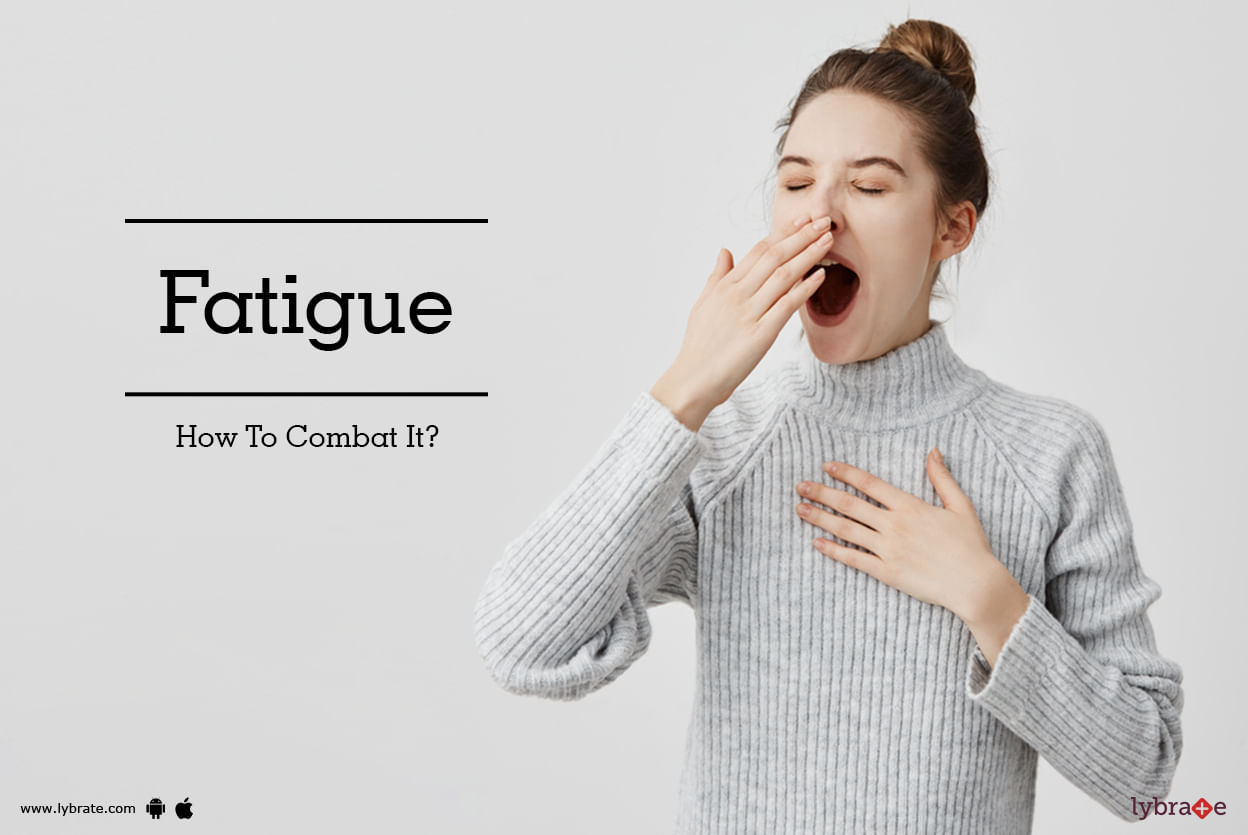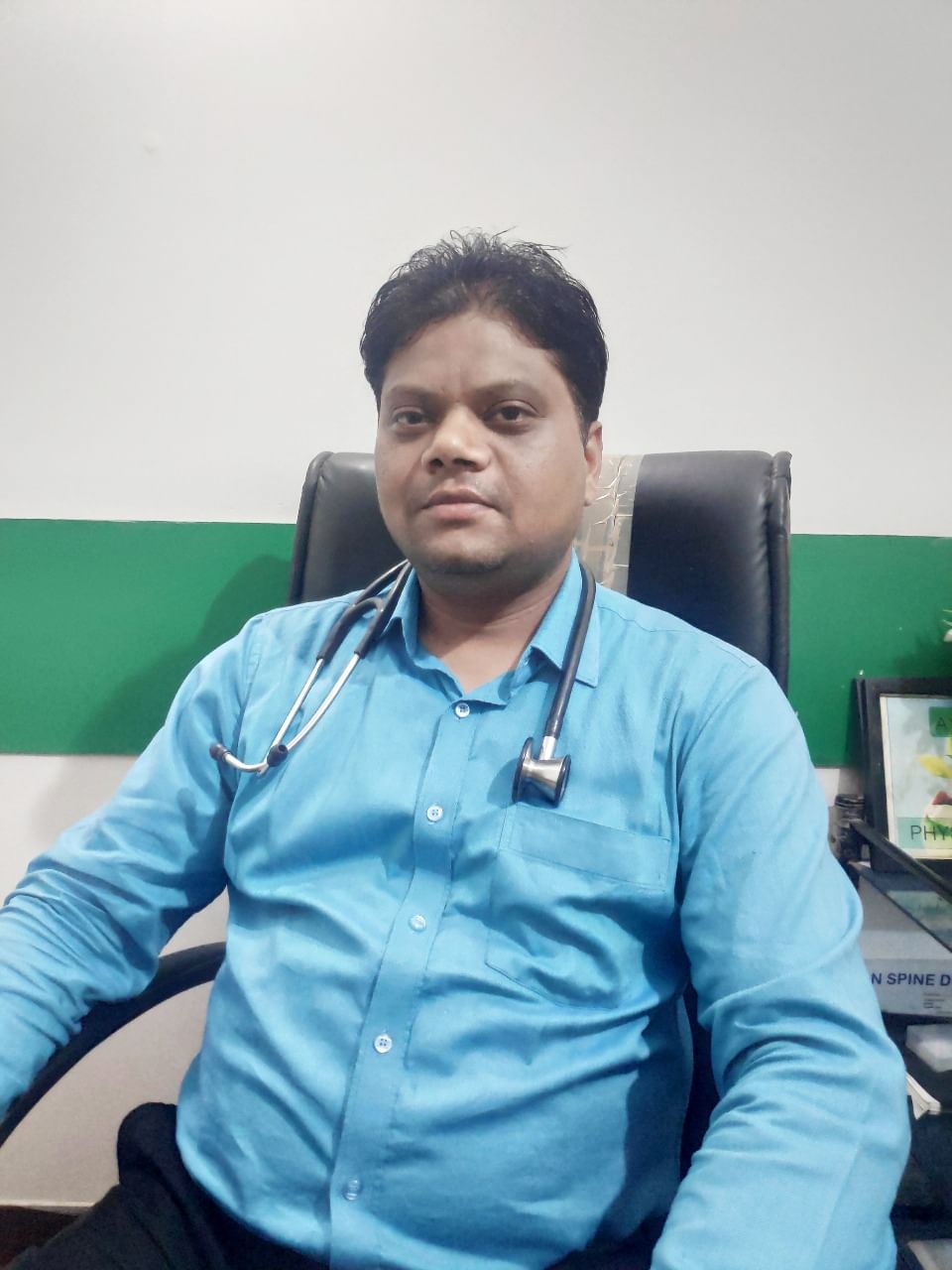Get the App
For Doctors
Login/Sign-up
About
Health Feed
Find Doctors
Health Packages
AllQ&AsTipsQuizzes
Fatigue Tips
Last Updated: 3 years ago• Featured Tip
Share
Bookmark
Report
Uremia, a term that may sound unfamiliar to many, is a serious medical condition that can have a profound impact on a person's health. It is a condition in which the waste products of metabolism accumulate in the bloodstream, causing a wide range of symptoms and potential health complications. Despite its potential severity, uremia is not well understood by many people and is often overlooked as a serious condition.
;
Uremia is fundamentally brought on by t...more
Last Updated: 3 years ago• Featured Tip
Share
Bookmark
Report
Diuretics, also known as water pills, are a type of medication that helps to rid the body of salt (sodium) and water. These medicines essentially work by letting the kidneys release more (than usual) sodium into the urine.
The sodium then helps to remove water from the blood. It subsequently decreases the amount of fluid flowing through arteries and veins. This simply means these pills can help lower blood pressure.
When are diuretics prescribed?
Di...more
Last Updated: 5 years ago• Featured Tip
Share
Bookmark
Report
Last Updated: 6 years ago• Featured Tip
Share
Bookmark
Report
We all know about the heartbeat, which is produced by the opening and closing of the valves in the heart, which in turn controls our blood flow. There is a regular pattern to this beat, and when, due to various reasons, it becomes irregular, it is known as arrhythmia. Atrial fibrillation, known shortly as AFib, is one of the common types of arrhythmia.
Why AFib: The heart has an electrical impulse system, which controls the opening/closing of its valves. Due to various changes, be it li...more
Why AFib: The heart has an electrical impulse system, which controls the opening/closing of its valves. Due to various changes, be it li...more
Last Updated: 6 years ago• Featured Tip
Share
Bookmark
Report
A continued feeling of tiredness, both physically and mentally, can be termed as chronic fatigue symptoms. In this condition, most of the vital systems are working at a lower capacity. Restless sleep, joint and muscle pain, headaches are some of the typical symptoms. Homeopathic medications to this condition have negligible side effects. By increasing body stamina and the threshold for fatigue, the homeopathic medicines assist the affected patients to energise their body's immune system to relie...more
Last Updated: 6 years ago• Featured Tip
Share
Bookmark
Report
Persistent fatigue can be a symptom of an underlying disease. Fatigue refers to the feeling of weakness, tiredness and constant lack of energy. Fatigue can be an underlying symptom of weight loss, diarrhea, vomiting, chest pain, muscle weakness and depression.
Fight fatigue in the following ways:
1. Consistent physical activity can actually help by enhancing well-being, balance, endurance and weight loss. Exercises help release endorphins in the brain that help reduce stress....more
Fight fatigue in the following ways:
1. Consistent physical activity can actually help by enhancing well-being, balance, endurance and weight loss. Exercises help release endorphins in the brain that help reduce stress....more
Last Updated: 6 years ago• Featured Tip
Share
Bookmark
Report
A continued feeling of tiredness, both physically and mentally, can be termed as chronic fatigue symptoms. In this condition, most of the vital systems are working at a lower capacity. Restless sleep, joint and muscle pain, headaches are some of the typical symptoms. Homeopathic medications to this condition have negligible side effects. By increasing body stamina and the threshold for fatigue, the homeopathic medicines assist the affected patients to energise their body's immune system to relie...more
Last Updated: 6 years ago• Featured Tip
Share
Bookmark
Report
Persistent fatigue can be a symptom of an underlying disease. Fatigue refers to the feeling of weakness, tiredness and constant lack of energy. Fatigue can be an underlying symptom of weight loss, diarrhea, vomiting, chest pain, muscle weakness and depression.
Fight fatigue in the following ways:
1. Consistent physical activity can actually help by enhancing well-being, balance, endurance and weight loss. Exercises help release endorphins in the brain that help reduce stress....more
Fight fatigue in the following ways:
1. Consistent physical activity can actually help by enhancing well-being, balance, endurance and weight loss. Exercises help release endorphins in the brain that help reduce stress....more
Last Updated: 6 years ago• Featured Tip
Share
Bookmark
Report
Varicose Veins is a severe medical condition whereby the veins (mostly legs) become swollen, tortuous and dilated, i.e. the veins become varicosed. The Venous blood flows in an upward direction from the feet to the heart. There are special valves present in the veins that assist the upward flow of the blood. Fatigue, prolonged standing, menopause and a number of other factors can weaken the valves. This affects the movement of the blood flow. As a result, some of it leaks and flows back down. Th...more
Last Updated: 6 years ago• Featured Tip
Share
Bookmark
Report
People often underestimate the need for sleep. Sleep is as important as any other activity. Without proper sleep, your performance level can go way down the line. It can even hamper your performance in the bed.
Most people do not know it, but there is a deep relation between sex and sleep. People always tend to cut their bedtime just to get done with a few more things. But, doing this can have adverse effects on your sex life.
Here are some reasons that are tempting enough to m...more
Most people do not know it, but there is a deep relation between sex and sleep. People always tend to cut their bedtime just to get done with a few more things. But, doing this can have adverse effects on your sex life.
Here are some reasons that are tempting enough to m...more
Book appointment with top doctors for Fatigue treatment
View fees, clinic timings and reviews
Ask a free question
Get FREE multiple opinions from Doctors
posted anonymously

